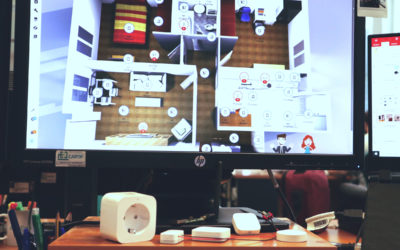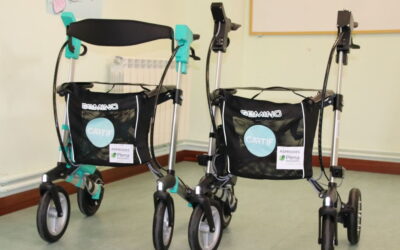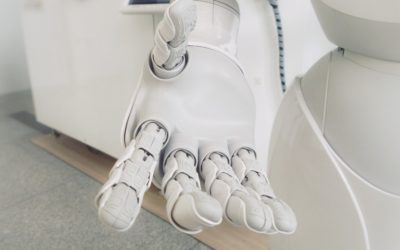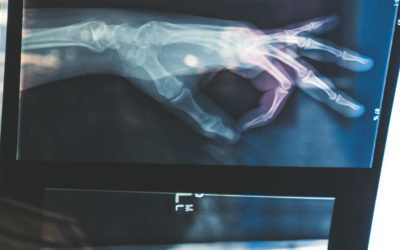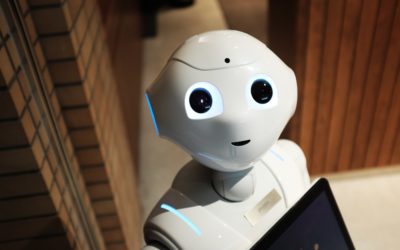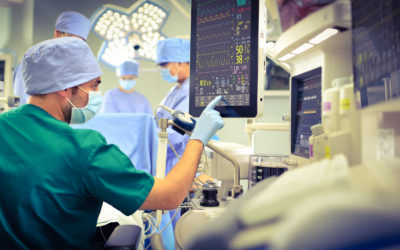CARTIF projects
AIROSO
Integrating robotics into society
Description
At AIROSO Project, progress will be made in integrating robotics into society, progressing in two directions: the coexistence of social robots with older people and human-robot interaction using robotic heads. You want to experiment with this type of users to develop new perceptual models, interaction and learning strategies.
User identification systems will be developed using Deep Learning techniques and progress will be made in developing services that robots can offer to dependent people. Finally, a robotic head will be developed combining mechatronic elements and a realistic virtual avatar that will be projected on a face mask to promote user empathy.
Objectives
- Provide robots with deep models of social cognition.
- Improve the interactio of users with robots and their satisfactio with use, with special attention to the elderly.
- Improve the automatic adaptation of the robot to the user based on their tastes, preferences or psychophysical characteristics.
- Delve into the facial expressiveness of robots to achieve a more empathetic and efficient human-robot communication.
Actions
- Develop user identification systems through Deep Learning.
- Develop services to assist dependent people.
- Integrate cloud resources to optimize tasks without real-time requirements.
- Develop planning models based on previous interactions.
- Develop a robotic head that combines physical elements and virtual avatars projected on a face mask to promote user emphaty.
Expected results
- Perceptual recognition models.
- Perceptual models of knowledge acquisition about users.
- Models of interaction, planning and action.
- Models of learning and adaptation.
- Mechatronic head with rear-projected virtual face.
- Models of perception and action of the head.
Partners:
Collaboration Challenges 2018
RTI2018-096652-B-I00
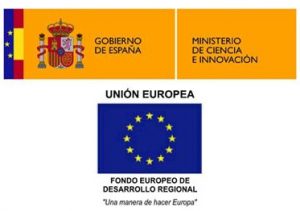
Total budget: 145.321 €
CARTIF Grant: 145.321 €
Duration: 01/01/2019 – 31/12/2021

Responsible
Javier Román Cembranos
Division Industrial and Digital Systems
Networking
Health Projects:
ROSBAC
The objective is to develop a new generation of Socio-Bio-Cooperative robotic devices based on haptic technology combined with the novel Socio-Bio-Cooperative control approach to robotic systems, which proposes to use the biophysical signals of the users to adapt their reaction to the user’s state.
EIAROB
CARTIF PROJECTS EIAROBAmbient intelligence ecosystem for the support of long-term care at home using social botsDescriptionEIAROB project has as main objective promote the autonomy and quality life of elder and dependent people. The project is articulated in 3 axes:...
PROCURA
PROCURA aims at the realisation of two innovative social and health care solutions for active ageing and independent living, going beyond the current specifications available on the market and allowing the piloting of innovative technologies in the experimental environment of a living lab.
IDET
IDET is an innovative project aimet at creating a set of technologies that backbone an integrated development environment that facilitates the creation of rehabilitation therapies for robotic systems.
CYTOPREP
The objective of the CytoPrep project is the design and development of an integral solution consisting of new reagents, devices and equipment. Which are part of a new methodolody for the preparation of samples for analysisi by flow cytometry (CMF).
Sharem
The main objective of SHAREM is to design, develop and validate a modular and configurable robotic system, for the realization of rehabilitation, habilitation or stimulation therapies of the upper limbs.
Social&Smart-SANDS
Social&Smart-SANDS it´s about creating a protocol by which household appliances can exchange information on use and results and learn from it to achieve more efficient operations.
E2REBOT
E2REBOT is based on the integrated appplication of a wide spectrum of technologies for movement control and force interaction: mechatronics, virtual reality, haptic control, interfaces and bio-feedback.
SOLUCII
The SOLUCII project generate a technical advance that allows the development of an innovative support system for the comprehensive analysis of patients in intensive care units with support for medical decisions based on ICTs.

